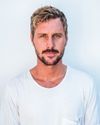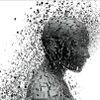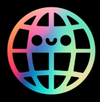“We are all connected; to each other, biologically. To the earth, chemically. To the rest of the universe atomically. We are not figuratively, but literally stardust.”
— Neil DeGrasse Tyson —
Do you ever feel profoundly alone despite being surrounded by people? That nagging sense of disconnection that seems to define modern life? You're not alone in feeling alone—and this disconnection might be the hidden root of your fatigue, stress, and emptiness.
The 3 Major Challenges of Disconnection
- Disconnection from Self: When we lose touch with our internal compass, we drift through life feeling unfulfilled and lacking purpose.
- Disconnection from Others: Despite our digital connectivity, many of us experience profound loneliness that directly impacts our physical and mental health.
- Disconnection from the Larger Whole: Forgetting our place in the natural world leaves us feeling isolated and meaningless.
Would you be open to exploring a different perspective? One that might transform how you experience your relationships and ultimately, your wellbeing?
The Ubuntu Story: "I Am Because We Are"
Not long ago, an anthropologist studied an African tribe. On his final day, while waiting for transport, he proposed a game for the children. He placed a basket of candies under a tree and told them whoever reached it first would win all the sweets.
When he said "Go!" something unexpected happened: all the children held hands and ran together toward the tree as a group. Arriving together, they shared the candy equally.
Surprised, the anthropologist asked why they had chosen this approach, especially when one child could have had everything.
A young girl replied simply: "How can one of us be happy if all the others are sad?"
This captures the essence of Ubuntu, which Archbishop Desmond Tutu described as "the belief that a person is a person through other persons, that my humanity is caught up, bound up, inextricably, with yours."
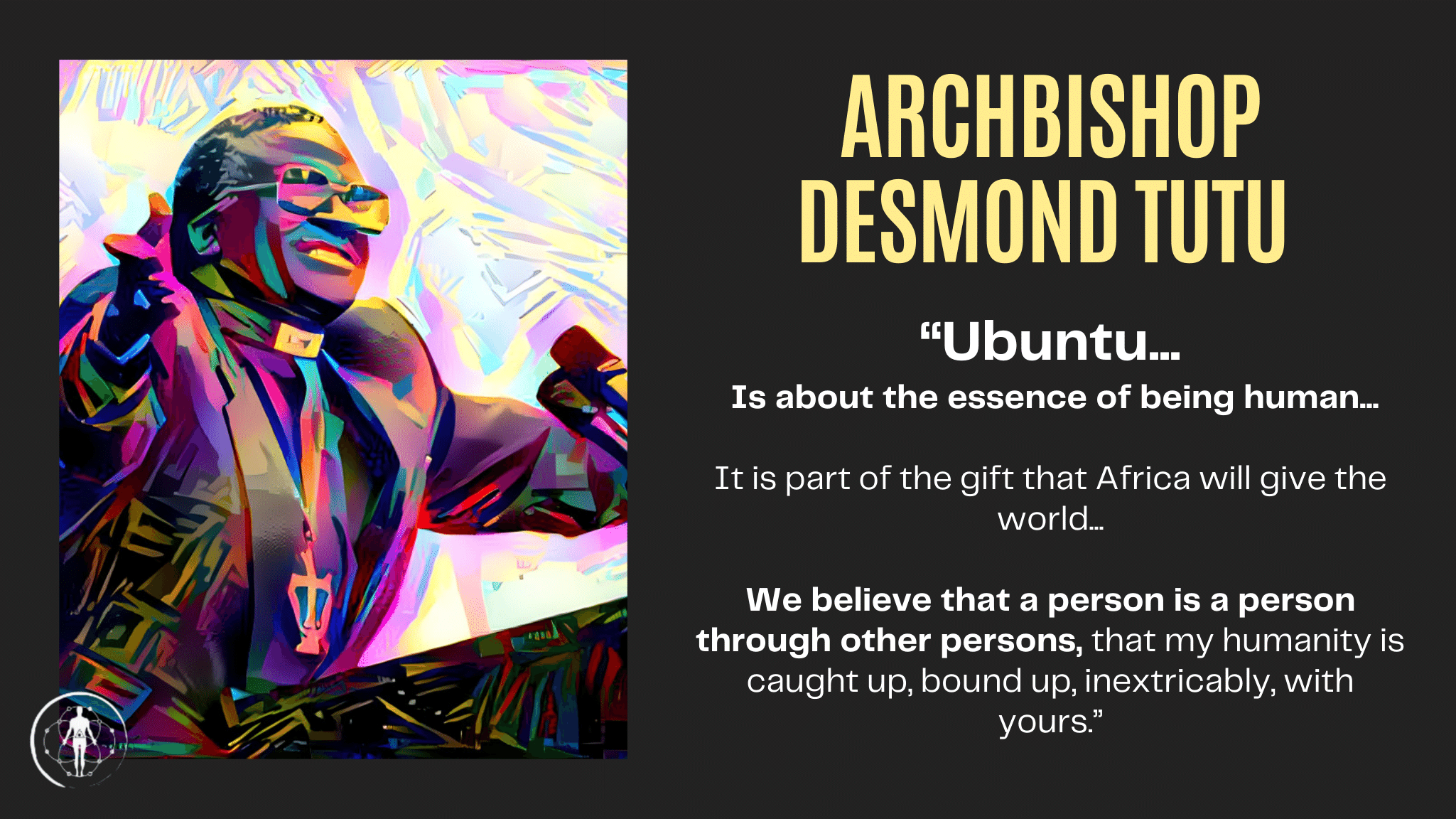
Why Connection Is Your Most Powerful Medicine
The research is clear: disconnection makes us sick. Chronic loneliness triggers inflammation, weakens immune function, and disrupts sleep patterns. Studies show social isolation can be as harmful as smoking 15 cigarettes daily.
But here's the powerful flipside: genuine connection heals. When we reconnect with ourselves, others, and the natural world:
- Stress hormones decrease
- Immune function improves
- Sleep quality enhances
- Mental clarity sharpens
- Purpose and meaning return
Everything is connected—from cosmic systems down to our morning coffee. This isn't just poetic thinking; it's biological reality. Our bodies and minds function optimally when we honor these connections.
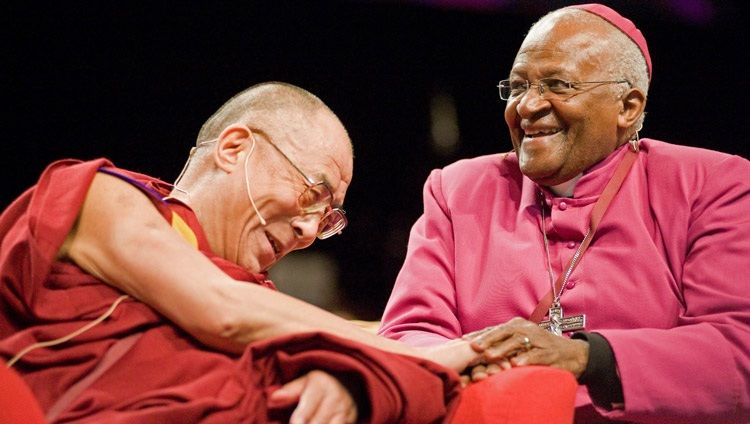
What Blue Zones Teach Us About Connection
For decades, researchers have studied the world's Blue Zones—regions where people regularly live past 100 in good health. Their secret isn't just diet or exercise—it's connection.
In these communities:
- People rarely experience isolation
- Multiple generations live together
- Daily rituals create community bonds
- Purpose comes from contributing to the whole
These findings reveal what many indigenous cultures have always known: separation is the disease of modern humanity. We must reconnect with our innate understanding that we belong to each other.
3 Simple Steps to Begin Reconnecting Today
Want to start rebuilding your connection capacity right now? Try these three simple practices:
1. Name Your Confidants
Write down 2 people you can truly confide in. 1._________________________
2._________________________
Simply identifying these relationships strengthens your awareness of your support network.
2. Practice Presence
The next time you're with someone, put away your phone and practice being fully there. Notice their expressions, tone, and energy. This single practice transforms ordinary interactions into meaningful connections.
3. Connect with Nature
Spend 20 minutes outside today in a natural setting. Feel the air, listen to the sounds, notice the plants. Remember that you are part of this living system, not separate from it.
These simple practices form the foundation for deeper connection work we explore in our SelfCare community.
You Don't Have to Walk This Path Alone
The journey to reclaiming your energy, purpose, and joy shouldn't be walked alone. In fact, connection itself is the medicine you're seeking.
Ready to explore how connection can transform your wellbeing? Join our community at https://www.skool.com/selfcare-5591/about or dive deeper with my book at https://selfcare-book.lovable.app/.
Remember: In a world that profits from your isolation, choosing connection is a revolutionary act of self-healing.
Key Research References:
Level 1 evidence - Systematic reviews
- Holt-Lunstad, J., Smith, T. B., & Layton, J. B. (2010). Social relationships and mortality risk: A meta-analytic review. PLoS Medicine, 7(7), e1000316.
- Leigh-Hunt, N., Bagguley, D., Bash, K., Turner, V., Turnbull, S., Valtorta, N., & Caan, W. (2017). An overview of systematic reviews on the public health consequences of social isolation and loneliness. Public Health, 152, 157-171.
- Wang, J., Mann, F., Lloyd-Evans, B., Ma, R., & Johnson, S. (2018). Associations between loneliness and perceived social support and outcomes of mental health problems: A systematic review. BMC Psychiatry, 18(1), 156.
Level 5 evidence - Accredited Health Experts cited
- Dr. Dan Buettner, National Geographic fellow and Blue Zones researcher
- Archbishop Desmond Tutu, Nobel Peace Prize laureate and Ubuntu philosophy proponent
- Dr. Bruce Lipton, stem cell biologist and epigenetics pioneer
- Dr. Gabor Maté, physician and expert on connection between stress and disease
Other
- Poulsen, K. M., & Pachana, N. A. (2012). Depression and anxiety in older and middle-aged adults with diabetes. Australian Psychologist, 47(2), 90-97.
- Buettner, D. (2015). The Blue Zones Solution: Eating and Living Like the World's Healthiest People. National Geographic Books.
REFERENCES
This is directly referenced from the amazon best-selling SelfCare Book "Lifestyle Medicine For the People" by Rory Callaghan. If you would like to read more content like this, grab the free online chapters of the book or a hard copy.
We have done our best to reference everyone's expert opinions, peer-reviewed science, and original thoughts, all references available here and referenced in the text.
We also understand that most thoughts are not our own and there is a collective unconsciousness, unconsciousness, and universal mind stream of energy that is always at work. How our references are sorted and filtered is here.
This article is for informational purposes only and should not replace professional medical advice. Always consult with your healthcare provider before beginning any new health regimen.

